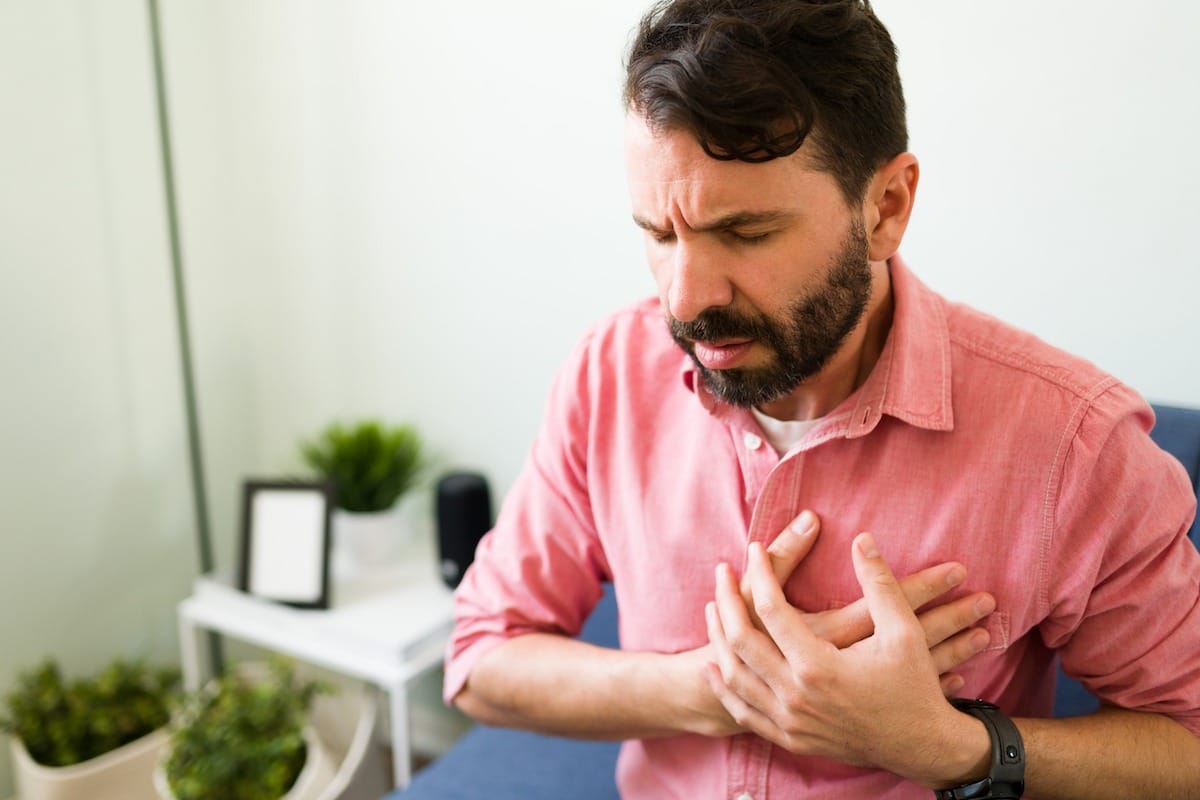Advancements in defibrillator technology, new FDA approvals, and the case for critical data sharing while connecting to 911
The world is undergoing a major shift when it comes to healthcare and medical devices.
We initially saw a wave of wearables, and now we’re seeing more smart devices and entire smart hospitals. Like so many other advancements in the sector right now, the trend is looking to save time and give the user a personalized experience.
As a healthcare technology company born out of an MIT engineering class, Avive, which creates smart AED (Automated External Defibrillator) devices, is at the forefront of the trend and working to reduce OHCA (Out-of-hospital cardiac arrest), a leading cause of death.
Cardiac Arrest: A Massive National Health Challenge
For starters, it’s helpful to understand the difference between a heart attack and sudden cardiac arrest. According to the American Heart Association, a heart attack is when the blood flow to the heart is blocked, and cardiac arrest occurs when the heart malfunctions and stops beating or beats irregularly. A heart attack is a circulation problem, cardiac arrest is an electrical problem.
Only 1 in 10 cardiac arrest patients survive, and the yearly death toll in the U.S. is about 350,000 people. Earlier this year, Damar Hamlin of the Buffalo Bills was one of the lucky few to have survived cardiac arrest as a result of high-quality CPR and quick defibrillation. In order to survive, a person needs an electric shock from an AED device, and they need one fast. Time is of the essence.
The Case for Democratization of Defibrillator Technology
AEDs aren’t as commonplace as they should be. The pandemic increased people’s self-awareness and concern about their health, but now it’s time that the community be ready to take action as well.
Sadly, AEDs are only used 2 percent of the time by the public before 911 arrives on the scene. Despite their best efforts, the average EMS response time in the U.S. is eight to 12 minutes, making it imperative to have publicly accessible, strategically placed AEDs and an empowered public who knows how to use them. Clearly, we can’t wait for EMS to arrive to start defibrillation – we need to take action ourselves. There is no training required; most anyone can follow the instructions provided.
Avive and RapidSOS envision a world where surviving a cardiac arrest emergency isn’t a one in 10 odds. By promoting education about OHCA emergencies and preparing citizens to step up to deliver early intervention for cardiac arrest, companies are providing an equitable solution in communities where there are often significant disparities in outcomes based on socioeconomic status, race, age and other factors.
Data Sharing When It’s Most Needed
The newest AED to enter the market, The Avive Connect AED™, can be taken on the road, has a touchscreen with audio and visual instructions, is rechargeable, and features novel integrations into the 911 response system to streamline care It also has Cellular, WiFi, Bluetooth and GPS connectivity.
The device doesn’t just notify 911 when the AED is in use, it also empowers telecommunicators with valuable incident data, helping first responders better prepare for the situation they are about to encounter.
Novel integrations with 911 also allow telecommunicators in participating jurisdictions to dispatch Avive Connect AEDs to nearby suspected sudden cardiac arrest victims, notifying people when and where it is needed to save a life. The data is shared by RapidSOS, an intelligent safety platform that securely links life-saving data from connected devices, apps and sensors to RapidSOS safety agents, 911 and first responders globally.
RapidSOS’ technology platform is available across the U.S. and connects data from over 500 million connected devices, apps, and sensors, helping 15,000+ first responder agencies to modernize their technology stacks in order to keep people and communities safe.
Leading smartphones and smart watches, smart home security systems, connected vehicles, medical devices, popular ride-share and food & grocery delivery apps share data with public safety through RapidSOS’ platform to make this possible.
Today’s connected devices can measure a huge amount of data, but if it’s not shared with the people that can use it, it’s not very useful. This is especially true in times of crisis, like cardiac arrest.
As computers have gotten more advanced, the importance of organized data sharing has been on the rise. Companies like RapidSOS are making sure that first responders have the information they need to ensure the best emergency outcomes possible.
Image by 123RF









